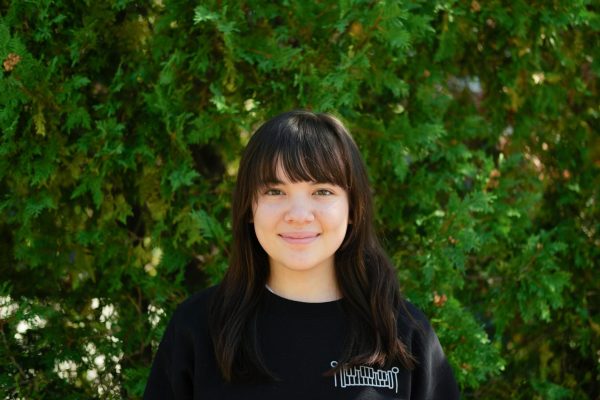By Mary Wolters, Staff Reporter
On Jan. 29, the Pennsylvania Supreme Court dismissed Fischer v. Department of Public Welfare, a 1985 court ruling that upheld the Abortion Control Act and restricted abortion funding. The act, passed by the Pennsylvania government in 1982, banned Medicaid funding for all abortions except in cases of rape, incest or the risk of death for the patient.
“I think (the Supreme Court decision) was a good way to look back on past legislation or past rulings and look at the state of the nation ages ago, and then look at the state that we are in now and recalibrate a change of needs and a change in social perspective,” said senior Jordan Jacoel, president of New/Gen ’Stoga, a womens’ rights advocacy club.
The Fischer v. Department of Public Welfare ruling issued that no law promised state funding for abortions.
In 2021, a lower Pennsylvania Commonwealth Court dismissed a case in which Planned Parenthood and other clinics challenged the Abortion Control Act. The clinics appealed the case to the Pennsylvania Supreme Court. After two years, the court overturned the 1985 ruling and reopened the clinics’ case.
The 1985 case does not affect the window for a person to receive an abortion, which is currently up to 24 weeks, as dictated by the 1982 Abortion Control Act. In December 2023, Pennsylvania Reps. Liz Hanbidge and Danielle Otten proposed a joint resolution, Bill 1888, that would amend the Pennsylvania constitution to reaffirm abortion as a guaranteed right. The amendment does not specifically state any limitations on abortion, late-term or otherwise.
“I think that an important mark of society is how it treats its most vulnerable members. And in my opinion, some of the most vulnerable are the unborn members of the human family,” said Wendy DiRico, Students For Life club adviser. “So in my opinion, this bill would take us in the opposite direction of protecting the most vulnerable.”
The Pennsylvania House Judiciary Committee heard testimony about the resolution on Dec. 18, 2023.
“A lot of people that are having abortions are financially unstable,” sophomore Kate Orr said. “All you’re doing by not funding them is making it harder for them to have an abortion and putting more people below the poverty line.”
Mary Wolters can be reached at [email protected].






















































































